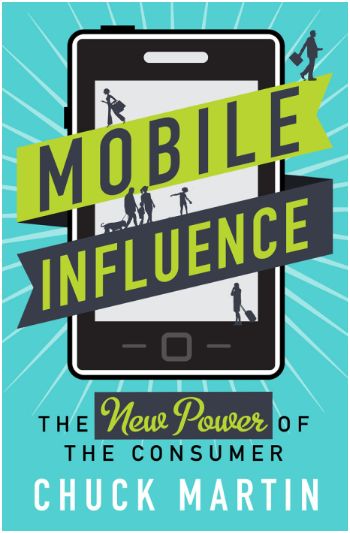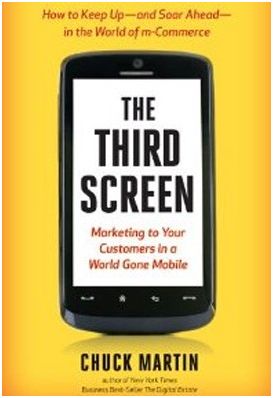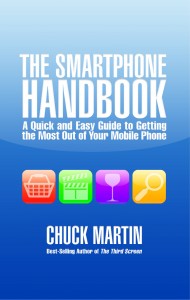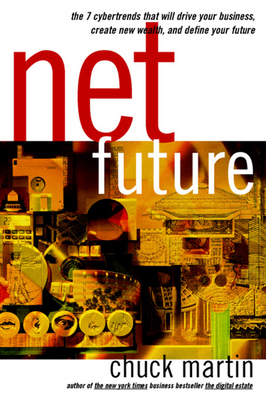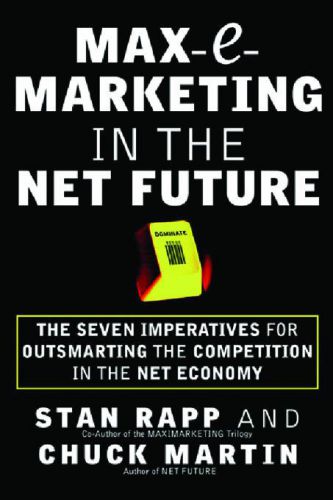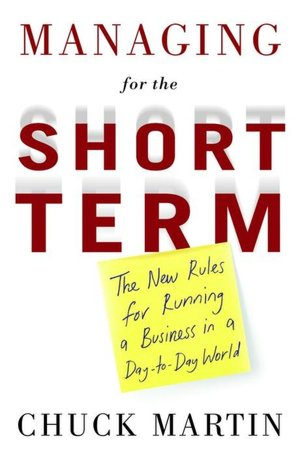Some things simply work better on mobile.
There are two types of digital platforms around mobile, those that are known as pure play and those that are traditional.
Pure-play mobile are those entities created exclusively for and reside in the mobile world.
An example of pure play mobile is a location-based service such as Foursquare or Poynt, which live only in mobile. There are countless other examples, ranging from mobile payments by Square to check-ins by Shopkick.
In many ways, a pure play mobile effort can be more effective since it can take full advantage of smartphone technologies like location and portability.
Then there are the traditional entities that transfer what they were doing in the previous digital world of the Web, such as Weather.com, Facebook, Twitter, coupons.com and any number of news and content sites.
In many cases, the move to mobile is simply a logical location-extension of what was being done on the Net.
But I also see a third category, businesses that started online and were doing relatively OK but mobile for them was game-changing.
For example, cars.com was initially founded in 1997 as a joint venture of various newspaper companies to combat the loss of newspaper classified advertising. After mobile came along the company launched an iPhone and then an Android app targeted to active car shoppers, who typically view more pages than those on the website.
Before the app, I had never used cars.com. But in purchasing our last vehicle, we used the cars.com app exclusively. No newspaper ads, no blind visits to car dealerships and not even Craigslist.
We would search the cars.com app for cars based on our location, see Kelley Blue Book used car values and receive free Carfax reports via the app. We could see all the car details with multiple photos with the one-tap click to call or email.
When we visited dealers, we usually had more knowledge of the car than did any given salesperson and at times even had lower pricing in the app, since that data was updated more frequently than the prices on windshields in the car lots.
Mobile made cars.com relevant.
Another example is GasBuddy. The company was founded in Brooklyn Park, MN, 12 years ago as a collection of websites to give people a way to share gas-pricing information.
Like cars.com, I had never used the website version of GasBuddy, only discovering it on mobile a long time ago and never having a need for the Web-based version.
“When you need to buy gas, you’re typically in your vehicle,” says Jason Toews, who co-founded GasBuddy simply to help motorists find the cheapest local gas prices.
The app has been downloaded about 20 million times and 60 percent of GasBuddy usage is now from mobile, says Toews. He notes that many still use the website because “only half the country has a smartphone.”
With a computer background, Toews and team connected some automated data feeds from gas stations to the GasBuddy system to assure real-time pricing.
They then built a mass of 243 local gas websites that carry the local gas price information. “It splits our traffic 243 ways,” says Toews.
The sites are advertising supported. “Ads pay the bills,” says Toews. “We’re totally independent and neutral. We don’t consult for big oil on anything.”
The majority of gas price information comes from an army of what Toews calls “spotters,” about six million people who tap in gas prices from their local stations. Another way to look at it is that the content is provided by the customers.
“Some do it once a month, some do it daily,” he says. “People feel they’re making a difference and helping each other.”
GasBuddy is one of those businesses that was doing fine on the Web but mobile made it relevant and substantially more relevant being used actively in the field.
“We grew organically,” says Toews But the app put GasBuddy on the map.
“A lot of people didn’t know about us.”
That was before they went mobile.
Chuck Martin is author of The Third Screen; Marketing to Your Customers in a World Gone Mobile, The Smartphone Handbook, CEO of Mobile Future Institute, Director of the Center for Media Research at MediaPost Communications and ahighly sought-after mobile marketing speaker.



